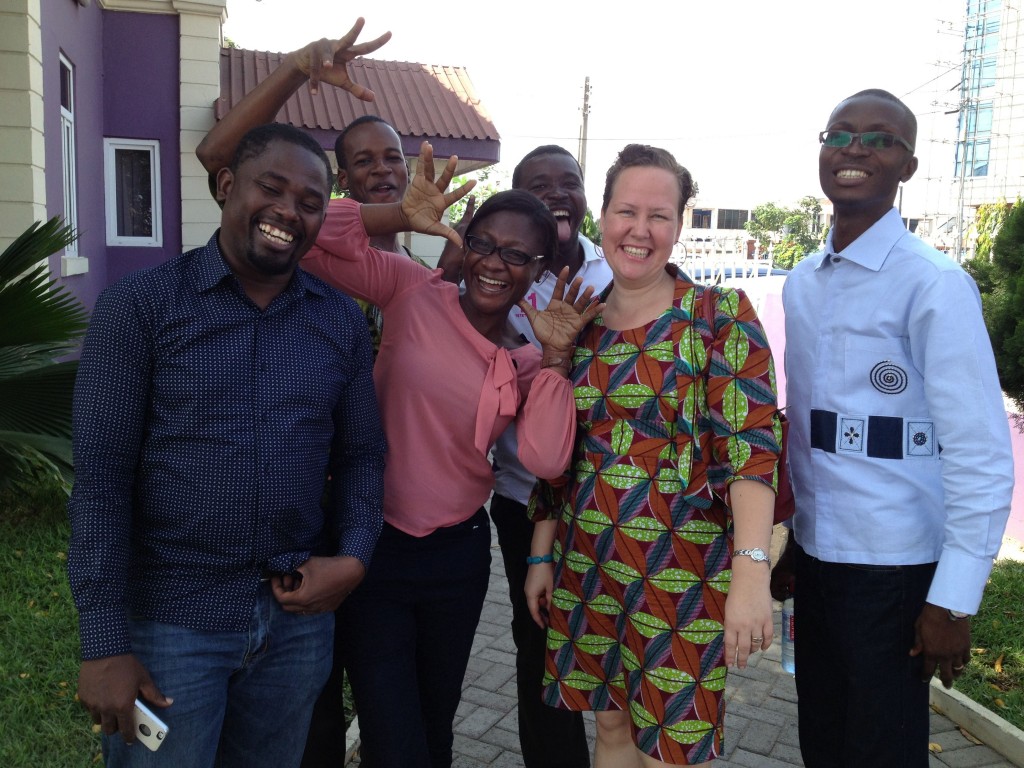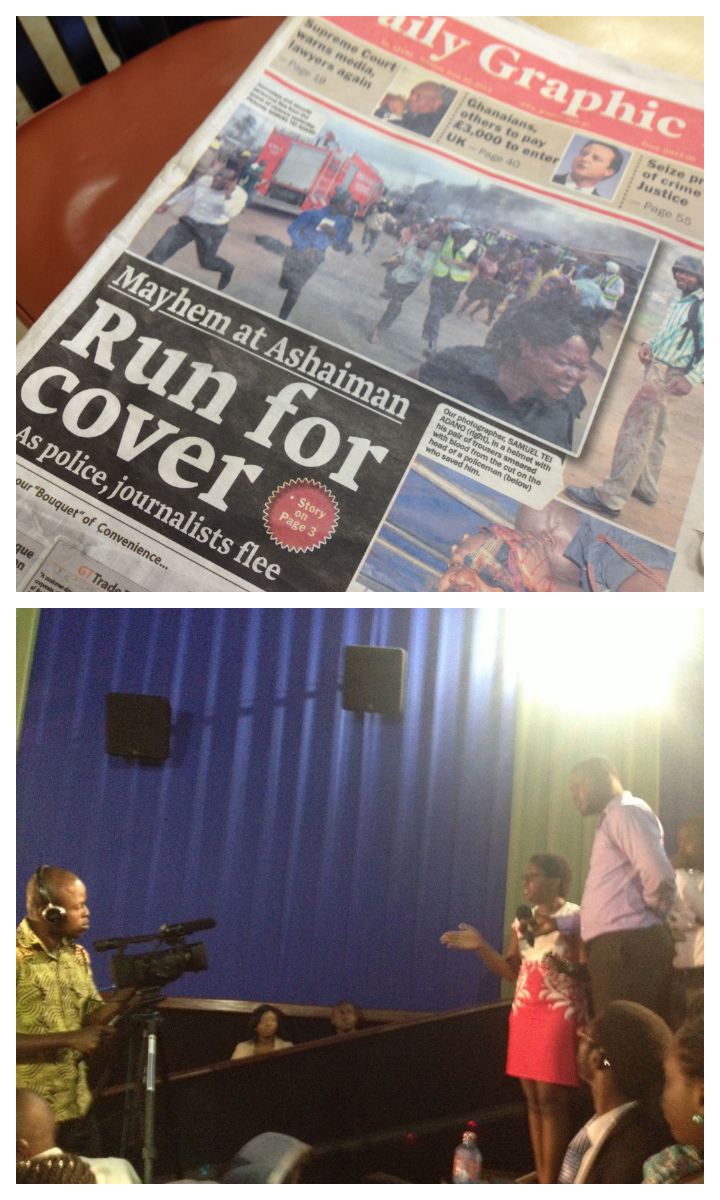Often, the news cycle in Ghana excites me and seemingly puts pressure on people in charge. So far so good. However, at times, the news feel like projectiles that blow up too close to comfort and just keep coming BOOM BOOM BOOM without breathing space to the point of me and other people going “what is happening to us?”, “WHY?” or similar while throwing our hands in the air.
This week, and its only Tuesday!, for instance we heard about:
- The shut down of the intensive care surgical wards at Korle Bu Teaching Hospital, the main referral hospital in Ghana. (Translates into a slim chance of scheduled surgery for Ghanaians, at least until March).
- The halted identification card project by the National Identification Authority (NIA).(Translates into lack of trust in the society).
- The water pollution problems of Accra’s main sweet water source, Weija dam. (Translates into lack of potable water for potentially big parts of Accra).
All these problems are major, critical, and totally unacceptable. They all are not new, but historical problems that have not been adequately addressed. On radio this morning, the Korle Bu Hospital CEO Dr. Buckle said the surgery ward issue dates back to 2014 and the article on the identification card suggests the exercise begun in 2003, albeit is still not completed!
All these problems have multiple people (departments! ministries! experts!) working on them, seemingly not making much progress – or what do I know- but at least not solving issues! For instance the identification card was here highlighted in a forum organised by a media house and the World Bank – why not championed by the parliament or the authority created for identification, I do not understand. It seems the problems are too big to get solved by public servants or politicians? Or they lack the skill, funds, or political will?
If so, solutions to problems are likely linked to more citizen engagement. But how do we get there? How do we make sure we channel rage, direct energy, and funnel ideas for solutions – and not for apathy?

 I first met Umaru last summer at his workplace radio station
I first met Umaru last summer at his workplace radio station 


